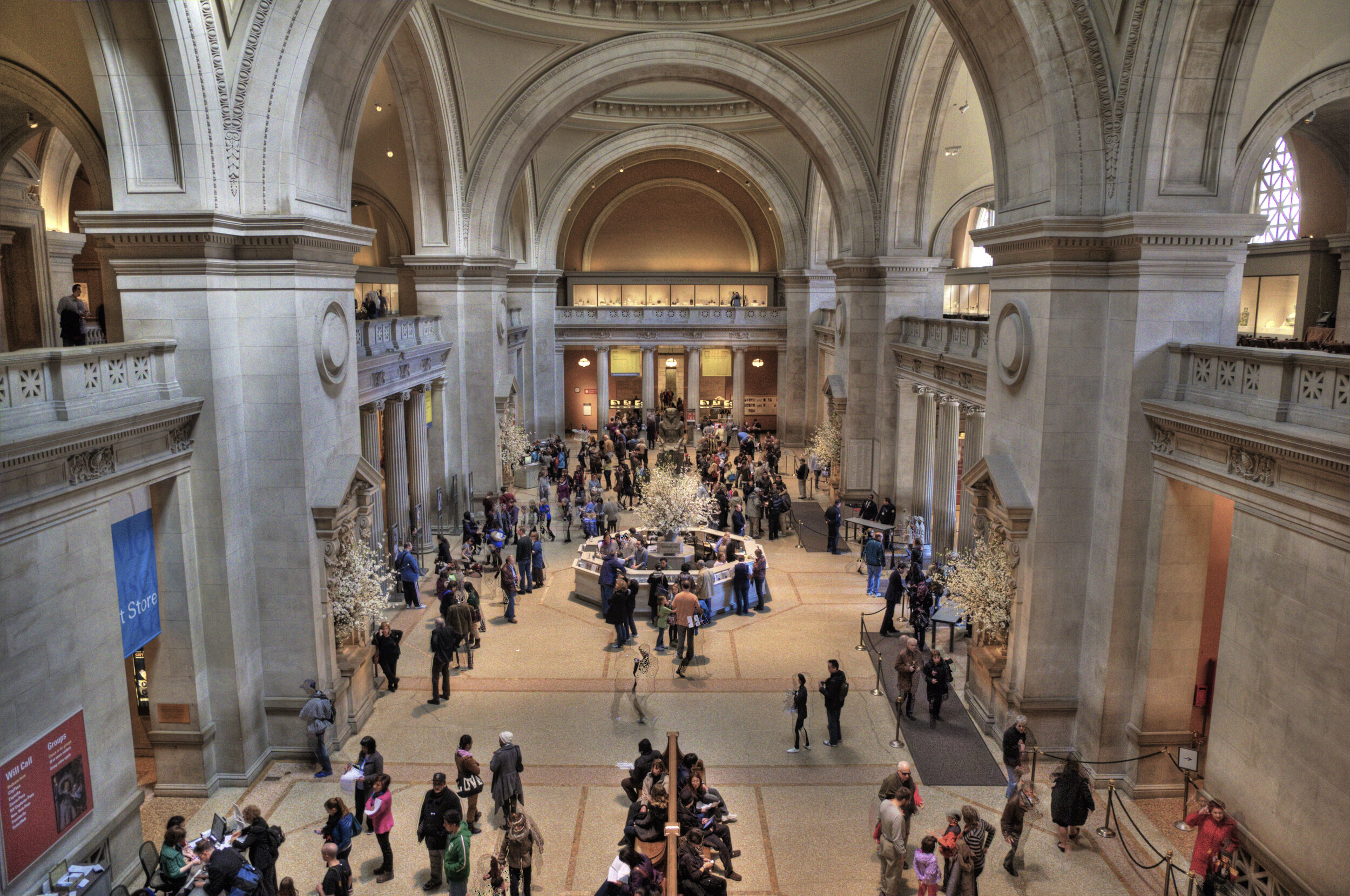Earlier this evening, a publicist sent me a pitch about a law professor’s take on the trend among the rich and famous, like CNN anchor Anderson Cooper, to leave their heirs with less rather than more — the idea being that children who inherit vast sums of money would be de-incentivized to get off their keisters and work for a living.
Read MoreAnderson Cooper at the 35th annual luncheon for the Walter Cronkite Award for Excellence in Journalism, held in Phoenix, Arizona. He’s among the announced celebrities who won’t be leaving his heirs great wealth. Photograph by Gage Skidmore.






